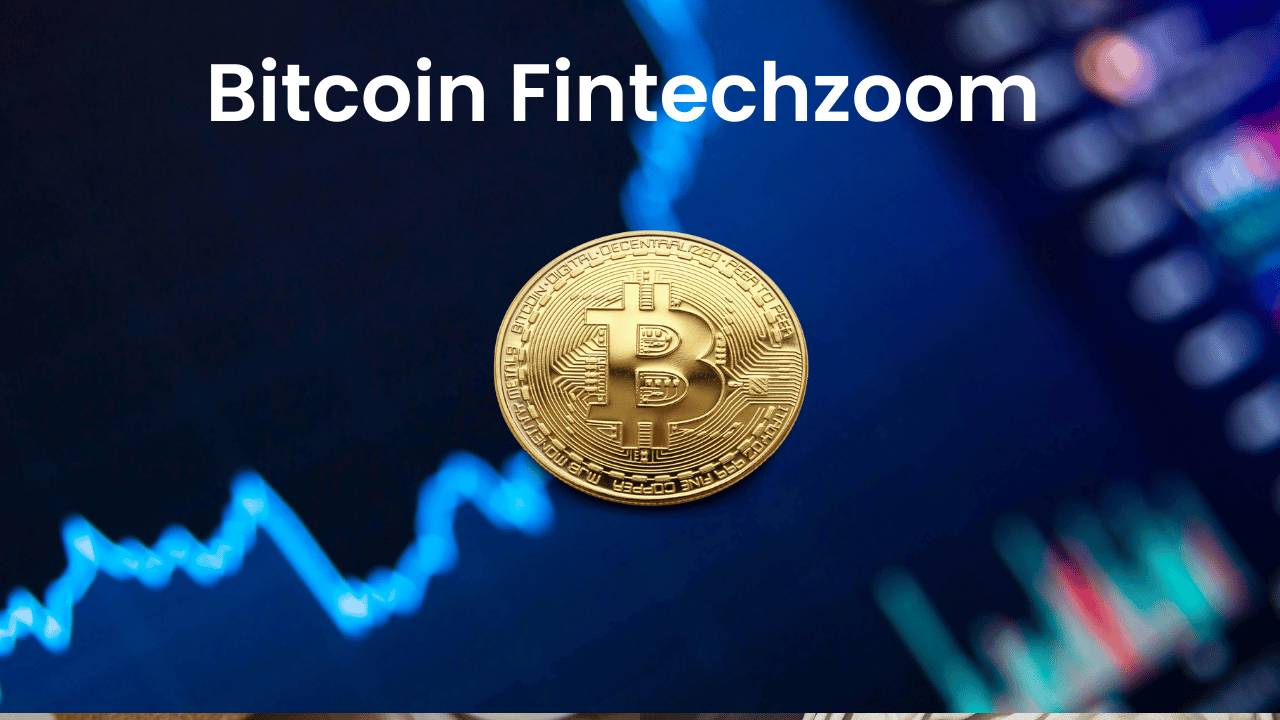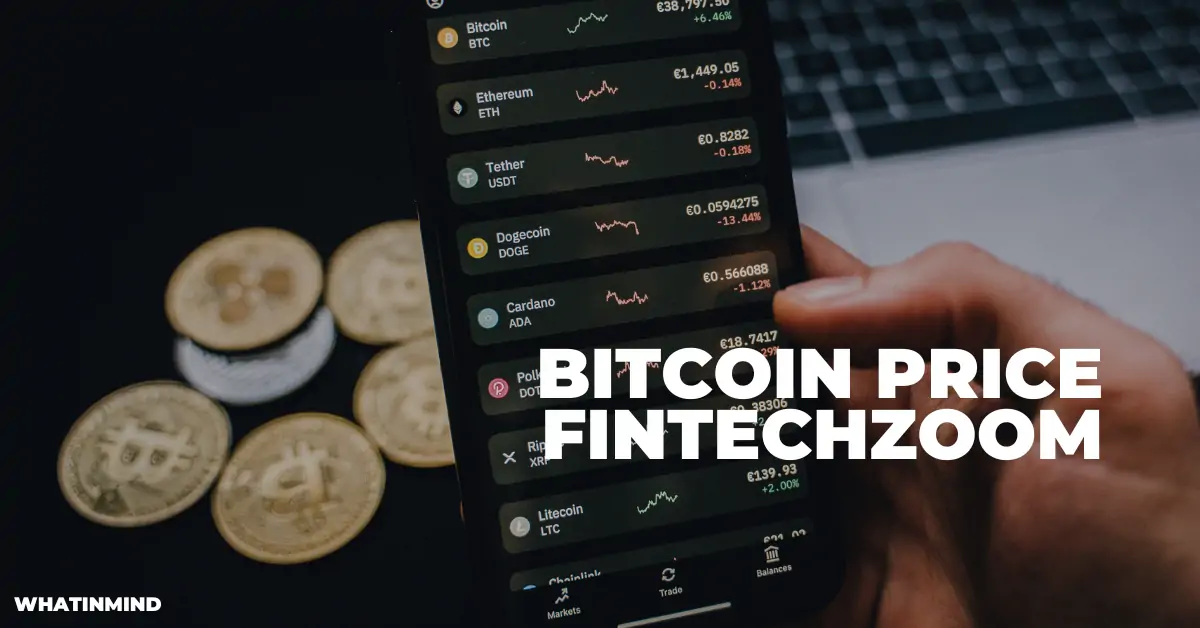Are you ready to take control of your digital assets in the rapidly evolving world of cryptocurrencies? Securing a reliable Bitcoin wallet is not just a suggestion; it's the cornerstone of responsible cryptocurrency ownership.
In the dynamic realm of digital finance, understanding the fundamentals of Bitcoin wallets is paramount. A Bitcoin wallet, in its essence, is a digital vault designed to store and manage your cryptocurrency. This isn't merely a storage space; it's your gateway to the decentralized world, granting you ownership and control over your digital assets. Choosing the right wallet and understanding its functions can significantly impact your experience and security within the crypto ecosystem.
Consider the analogy of a physical wallet. Just as you wouldn't trust your cash to a flimsy container, you shouldn't entrust your Bitcoin to an insecure digital storage solution. Your Bitcoin wallet holds the cryptographic keys, often referred to as "keys," which grant access to your Bitcoins on the blockchain. These keys are your credentials; they are what allow you to send and receive Bitcoin, making it crucial to keep them safe.
The initial step for any aspiring Bitcoin user is to establish a wallet. There are several options available, each with its own set of advantages and disadvantages. Before diving into the different types of wallets, its worth noting that transferring your Bitcoin from an exchange to your secure wallet is highly recommended. This action ensures you have complete ownership and control of your assets, insulating them from potential exchange vulnerabilities.
Now, let's delve into the core categories of Bitcoin wallets, exploring their functionalities and assessing their suitability for different users. From software wallets that provide convenience to hardware wallets prioritizing security, we'll guide you through the landscape to make an informed choice.
Understanding Wallet Types
- Top Vegamoviesnl Alternatives How To Watch Movies Online 2024
- Vegamovies Stream Free Hd Bollywood South Indian Hollywood Movies
Software Wallets: Convenience at Your Fingertips
Software wallets come in various forms, including desktop, mobile, and web-based applications. They offer the convenience of accessibility, allowing users to manage their Bitcoins from their smartphones or computers. They are generally free to use, and setting them up is a straightforward process. However, the inherent vulnerability of being connected to the internet poses a security risk, making them susceptible to hacking and malware. Still, the ease of use makes software wallets a viable option for those who prioritize accessibility for everyday transactions.
Hardware Wallets: Security as a Priority
Hardware wallets, often described as cold storage, offer the highest level of security for your Bitcoin. These are physical devices that store your private keys offline, making them virtually impenetrable to online threats. Because they are disconnected from the internet, hardware wallets are immune to the common vulnerabilities that plague software wallets. While they require an initial investment, the enhanced security they provide makes them an indispensable choice for anyone holding a significant amount of Bitcoin.
Web Wallets: Bridging Convenience and Control
Web wallets are another option, offering accessibility via web interfaces. However, it's crucial to recognize that these wallets inherently carry more risk than software or hardware wallets. They are operated by third-party services, potentially giving them control over your private keys. Due diligence and choosing a reputable provider are essential when utilizing web wallets. These can be a convenient choice if you need to frequently transfer your assets, but be sure to do your research and choose a trusted provider.
Mobile Wallets: Access on the Go
Mobile wallets bring Bitcoin management to your smartphone. Convenient for daily transactions and quick access, these wallets are ideal for those frequently using Bitcoin. However, the device's security becomes critical here. Ensure your device is protected with strong passwords and security measures to minimize potential risks.
Important Wallet Considerations
Security Features:
When selecting a Bitcoin wallet, prioritize security features. These are critical to maintaining the safety of your funds and preventing loss. Here are the key aspects to consider:
- Two-Factor Authentication (2FA): Enabling 2FA adds an extra layer of protection, requiring a verification code in addition to your password. This significantly reduces the risk of unauthorized access, even if your password is compromised.
- Backup and Recovery: Ensure your wallet offers backup options, such as a seed phrase or mnemonic code. This allows you to recover your funds if your device is lost, stolen, or damaged.
- Encryption: Opt for wallets that encrypt your private keys, rendering them unreadable to unauthorized parties. This adds a critical layer of protection against potential attacks.
User Experience:
Wallet usability can greatly influence your experience with Bitcoin. A user-friendly interface, clear transaction history, and straightforward sending/receiving processes make it easier for both novices and experts to manage their assets. Look for wallets that provide intuitive navigation, detailed transaction information, and helpful customer support.
Reputation and Reviews:
Before committing to a specific wallet, research the reputation and read reviews from other users. Look for feedback on the wallet's security, reliability, and customer service. Established wallets with a strong reputation in the crypto community are generally a safer bet. Consider the track record and the longevity of the provider in the crypto market.
Fintechzoom and Bitcoin Wallets: A Trusted Partnership
Fintechzoom.com emerges as a trusted platform for facilitating Bitcoin transactions. It stands out as a source of information, providing resources and insights to navigate the crypto landscape. With tools and data, Fintechzoom.com can aid in your understanding and application of digital assets. Discover the ultimate crypto solution with fintechzoom.com and its bitcoin wallet.
Fintechzoom has a web wallet or you can use a hardware wallet. Connect wallet to fintechzoom link your bitcoin wallet to your fintechzoom account to transfer funds easily. Fintechzoom bitcoin wallet has been rolling out periodic crypto wallet updates, aiming to improve wallet security and crypto wallet usability. Explore top crypto wallets for secure storage of digital assets, featuring ledger, trezor, exodus, and more at fintechzoom.com.
Key Features of Fintechzoom Bitcoin Wallets
- Security Measures: Fintechzoom emphasizes security through advanced measures such as encryption, 2FA, and secure key storage.
- User-Friendly Interface: Its intuitive design is suitable for both beginners and experienced users.
- Compatibility: Fintechzoom supports a wide range of devices, including mobile phones and web browsers.
- Transaction Support: Fintechzoom offers a streamlined experience for buying, selling, and trading Bitcoin.
- Educational Resources: The platform provides helpful resources and guides.
Popular Wallet Options
Several wallet providers have emerged as leading options in the Bitcoin space. Here are some notable examples:
Ledger: Hardware Wallet Excellence
Ledger is a renowned provider of hardware wallets, delivering top-tier security with physical devices. Their wallets keep your private keys offline, shielded from online threats. Ledger also offers a user-friendly interface, compatible with various cryptocurrencies.
Trezor: Pioneer in Hardware Security
Trezor is another leader in hardware wallets, offering robust security through offline key storage. Known for user-friendliness and compatibility, Trezor is a reliable choice for safeguarding your Bitcoin and altcoins.
Exodus: User-Friendly Multi-Asset Wallet
Exodus is a popular software wallet distinguished by its sleek interface and support for a broad range of cryptocurrencies. Suitable for beginners, Exodus provides an easy-to-use platform for managing Bitcoin alongside other digital assets.
Additional Wallet Options
Copay: Copay is a great bitcoin wallet and functions on many different operating systems.
Ngrave Zero: Credit card size wallet (keyless) ngrave zero.
Best cheapest crypto cold wallet: .
Touchscreen cold wallet by ledger
Essential Security Practices
Beyond selecting the right wallet, adopting robust security practices is crucial.
- Password Protection: Use strong, unique passwords for your wallet and all related accounts. Avoid using easily guessable information or reusing passwords across multiple platforms.
- Regular Updates: Regularly update your wallet software to ensure you have the latest security patches and features. Keep the software up-to-date to stay protected against emerging threats.
- Phishing Awareness: Be vigilant against phishing scams. Always double-check website URLs and sender addresses before entering your login details or interacting with any links.
- Private Key Safety: Treat your private keys with utmost care. Never share them with anyone, and store them in a secure, offline location, such as a hardware wallet or a paper wallet.
- Device Security: Keep the devices you use to access your wallet secure. Install antivirus software, enable firewalls, and ensure your operating system is up-to-date.
- Backup Recovery: Create and safely store a backup of your wallet and seed phrase to restore your wallet in case of loss or damage.
The Future of Bitcoin Wallets
As the cryptocurrency landscape advances, the future of Bitcoin wallets will be marked by developments in security, user experience, and functionality.
- Advanced Security: We can anticipate innovative security measures, such as enhanced biometric authentication, hardware-based multi-factor authentication, and more advanced encryption protocols.
- Enhanced User Experience: Wallets are poised to become more intuitive, with streamlined interfaces, improved transaction tracking, and seamless integration with decentralized applications (dApps).
- Cross-Chain Compatibility: The rise of cross-chain functionality will allow users to manage various cryptocurrencies within a single wallet, simplifying portfolio management and providing greater flexibility.
- Regulatory Compliance: Wallets will need to adapt to stricter regulatory requirements, including identity verification and compliance with anti-money laundering (AML) and know-your-customer (KYC) regulations.
The Intersection of Fintech and Cryptocurrency
The convergence of fintech and cryptocurrency continues to reshape the financial landscape. Block, celebrated for its innovative payment solutions, particularly the Cash App, demonstrates this intersection. The fortunes of such companies are intertwined with crypto market fluctuations, making robust wallet security and understanding critical for investors and users alike.
A Deep Dive into Technical Aspects
Technically speaking, a Bitcoin wallet is a piece of software that holds passwords, sometimes referred to in cryptographic terms as keys. These keys give your wallet access to the Bitcoins allocated to it on the bitcoin transaction ledger called the blockchain. So, when you use any bitcoin wallet, youll encounter two important terms. Bitcoin hardware wallets are also available. The specialization in bitcoin allows for full optimization of the firmware, minimizing potential vulnerabilities. The first 'factor' is your password for your wallet. The second 'factor' is a verification code retrieved via text message or from an app on a mobile device. 2FA is conceptually similar to a security token device that banks in some countries require for online banking.
The Regulatory Environment
The regulatory environment around Bitcoin wallets and cryptocurrencies varies worldwide. It is essential to stay informed about the regulations in your jurisdiction. Regulations impact how wallets function, including Know Your Customer (KYC) and Anti-Money Laundering (AML) requirements. Be aware of tax implications for Bitcoin transactions and ensure compliance with local tax laws.
Trends to Watch in 2024
- Increased Institutional Adoption: Expect more institutions to adopt Bitcoin, leading to a growing demand for secure, institutional-grade wallet solutions.
- Focus on Privacy: With the increasing emphasis on privacy, wallets that offer enhanced privacy features will gain popularity.
- Expansion of DeFi Integration: Wallets will provide improved integration with decentralized finance (DeFi) protocols, enabling users to participate in lending, borrowing, and yield farming activities.
Conclusion: The Path to Secure Bitcoin Ownership
Selecting and securing your Bitcoin wallet is fundamental to participating in the crypto space. By understanding the different wallet types, employing robust security practices, and staying informed about industry trends, you can confidently manage your Bitcoin and digital assets. Remember that the best Bitcoin wallet combines security, ease of use, and comprehensive features to support your activities. Embrace the journey of Bitcoin ownership with knowledge, vigilance, and the right tools. From Bitcoin to emerging altcoins, the platform offers a panoramic view of the digital currency landscape, catering to both novice investors and seasoned traders. Wallets give you control over your digital assets.


